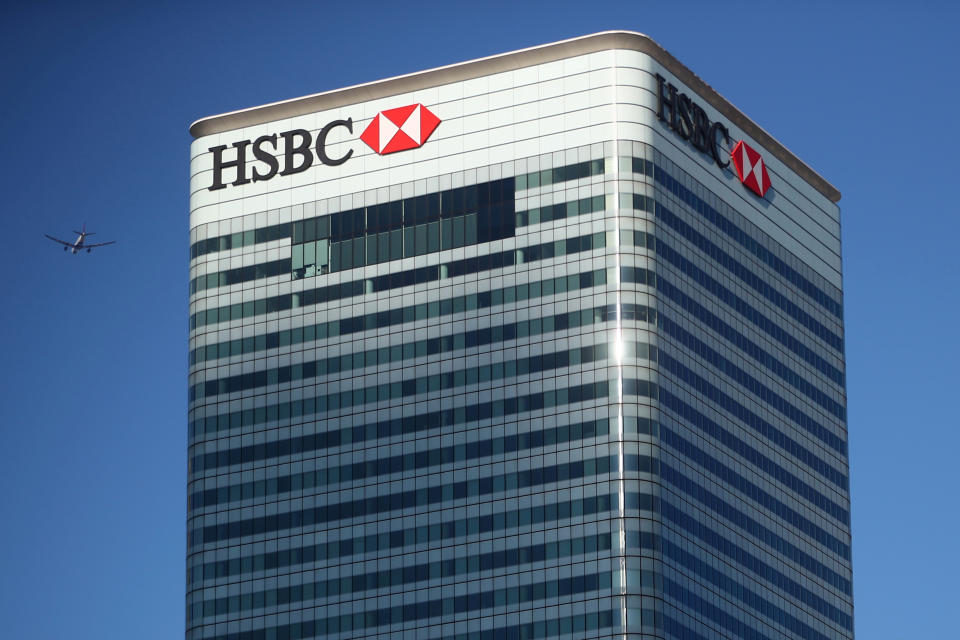HSBC: Irish markets ‘surprisingly sanguine’ about Brexit

Irish markets show “surprisingly little sign of Brexit fears,” according to HSBC.
In a note to clients on Thursday, analysts Chris Hare and Chris Attfield said that Irish government bond yields are showing few signs of stress related to the UK’s impending departure from the European Union.
This might be because the bond market sees “little risk” of a no-deal Brexit, according to the analysts, or because investors assume that such a scenario would not have “too large” an impact on the country’s finances.
“Brexit may have had a more general effect on spreads, but it seems that Ireland has little idiosyncratic Brexit risk currently priced in the sovereign bond market,” Hare and Attfield write.
READ MORE: Irish economy ‘resilient enough’ to withstand bumps of hard Brexit
They warn, however, that a “disorderly Brexit” could see stresses emerge.
While they note that comparatively low liquidity conditions have kept the yields on Irish bonds higher than those in countries like France, Ireland’s “strong recovery” since 2012 has resulted in a closing of the gap.
The cheapness of Irish bonds can also be partly attributed to an across-the-board underperformance of similar assets in the second half of 2018, they said.
Though the note concedes that Brexit is a “potentially high-impact event,” it also notes that it is “easily foreseeable.”
The little sign of risk premium in the Irish market can be attributed to a combination of what’s seen as the low likelihood of a no-deal Brexit and the low expected impact of such a scenario on Ireland.
The Irish central bank said last month that the country’s economy was “resilient enough” to withstand the bumps of a hard Brexit, noting that many firms had either prepared or were executing contingency plans for such a scenario.
READ MORE: No-deal Brexit would almost halve Irish economic growth in 2019
Even then, in line with predictions that a no-deal Brexit could almost halve Irish economic growth in 2019, HSBC said that a disorderly Brexit could “knock several per cent off Irish GDP.”
The analysts also note that the Irish government is “likely to maintain its insistence” on the need for a backstop in the withdrawal agreement, even if this raises the risk of a no-deal Brexit.
“Keeping this border, with Northern Ireland, free from barriers is seen as crucial to preserving peace in the region after decades of conflict,” they write.

 Yahoo Finance
Yahoo Finance 
